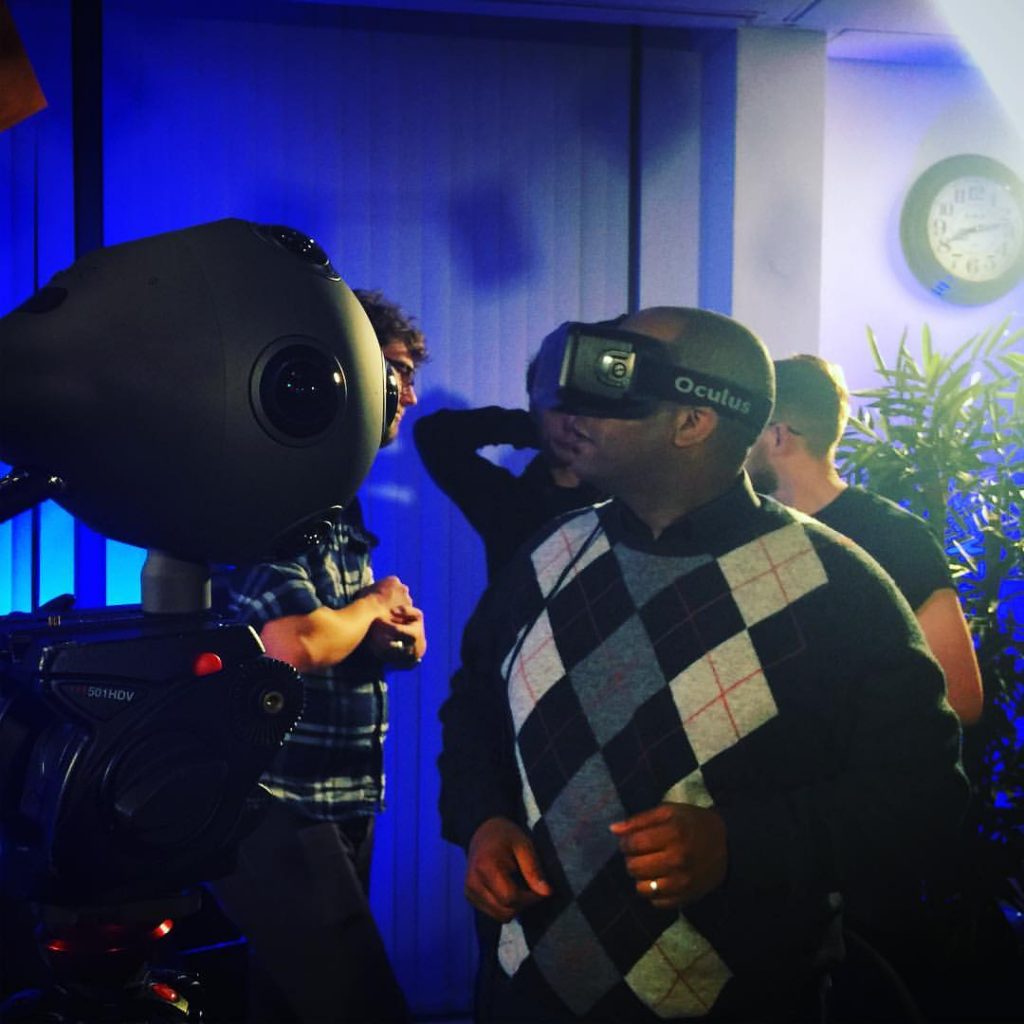
Whilst in a bar the other night I decided to try something I had heard snippets of floating around the office – voice recognition. So, speaking in a clear voice without a regional accent that might hinder the success of understanding, I said to my friend sat opposite me: ‘Gary, get me a beer’. For some reason it did not work so I thought I’d investigate further…
Forget Hatchimals (Google it), Furbys or Tamagotchis (one for us oldies) the number one selling toy on Amazon this Christmas was the Echo, its voice activated smart speaker.
Since going on sale in the UK in October last year, the on-demand personal assistant has sold in excess of 100,000 units and with Microsoft and Google showcasing voice activated products, momentum for the platform is building.
Why is voice taking off now?
Voice activation isn’t a new concept. Siri has been integrated with iPhones since 2011 and IBM even created a voice activated typewriter in the 1980s. For younger readers, typewriters are computers without a screen. Yet voice is beginning to take off as a desirable consumer product now, not simply because it’s a better, more responsive service, but because it has more tangible applications.
The Echo’s recognition and response to your voice, and also its accuracy are clearly key ingredients to its success, however its practical uses are what’s made it a sticky product.
With the Echo you can ask it to schedule a date with your other half, check tomorrow’s weather forecast, get a recommendation for a restaurant, book an Uber, dim your bedroom lights, and have it play you a popular song by Barry White. And with the ability to purchase products using your voice from Amazon, a permanent place in the home is becoming more assured.
For relatively early adopter tech, Amazon has relatively low price points and is reportedly making a loss on the Echo (£149.99) and its younger cousin, the Echo Dot (£49.99). Comparing this to next-gen Virtual Reality (VR), an equally early adopter product, which is priced closer to £750+, Amazon has fuelled demand by making the experience more accessible to all.
Exploring opportunities with voice
As with any new platform, we’ve looked at voice to see what opportunities it presents for stickee. And the opportunities are exciting.
To aid this exploration, Amazon has launched the Alexa Skills Kit (ASK) as a resource of free tools and documentation for developers. This means that as a technology company, we can quickly create applications and bring ideas to life.
Voice activated comparison
Comparison is the obvious starting point for stickee to explore voice. With the Echo connecting to smart home devices, we see a real opportunity to create a smart switching experience with data we create from our own usage.
Putting aside privacy issues for now, the opportunity to use the Echo to monitor a household’s consumption of energy and broadband, comparing existing tariffs to others that better suit our needs, is quite exciting for the industry.
As with any new platform, the approach to design and development will present different challenges to comparison as we currently know it. There’s the challenge of building trust in the voice and its decisions while creating a seamless and truly useful experience.
And of course we have the small issue of not actually seeing any results, which is perhaps the core challenge here. If the voice is presenting a single result, which it tells you is the best deal for your usage and will save you money, is that really comparison?
We know that not all consumers choose the first result in a comparison table, with myriad factors coming into play when selecting the right deal. So how do we manage the nuances of the comparison selection process, using only voice?
[marketing line]Luckily, this is what we thrive on at stickee. Being able to make complex things simple and taking on challenges to create useful, usable solutions [/marketing line]. Our projects are now using briefs with requirements to work across different user interfaces from browser to touchscreen and now voice; sharing the same end goal via different experiences and interactions.
You had me at voice, so what’s next?
We’ve begun working with the Alexa Skills Kit to start this journey and understand how far we can take comparison using voice commands. We’re currently testing the relationship between your voice, the Echo and your phone or tablet to understand how far we can take the platform and how we can create an experience that provides a usable alternative to a screen. Of course sometimes the best way is to forget what you already know and approach the task with a completely open mind.
It’s an exciting process and one that tests our capabilities to work with a different platform with a completely fresh and clean approach and we’ll have our first foray into voice to share in the coming months.



